European Private
Equity M&A:
June Market Snapshot

Green shoots are starting to appear in the private equity deal market as governments begin to lift lockdowns and shift their focus from protecting public health to restarting economic activity. The uptick follows a marked decline in investment activity brought about by the COVID-19 pandemic. The number of private equity investments in Europe fell by 24% year-on-year in the first quarter, according to data from DC Advisory{{1}}{{{DC Advisory’s European mid-market private equity round-up: January - April 2020.</br>Source: DC Advisory}}}.
Markets that implemented the toughest shutdown measures – such as France and Spain – suffered some of the steepest falls. The second quarter of 2020 is likely to be just as weak. However, with considerable reserves of dry powder for investments, private equity firms are gearing up again in Europe and seeking out new investments.

In sharpest focus are those companies and industries that are well positioned to weather the challenges ahead. Technology, healthcare and telecoms are among the sectors garnering sponsors’ attention. With notable exceptions, such as the KKR-led consortium’s €5 billion EV offer for MasMovil{{2}}{{{Spain’s MasMovil to be acquired in €5bn private equity buyout.</br>
Source: Financial Times}}} (see Deals list), agreed buyouts are smaller than before the shutdown, in part due to the limited availability of debt financing and sponsors’ caution.
Growth Capital Tailored to the Environment
The economic crisis stemming from the COVID-19 pandemic has affected high-quality companies and poorer performing businesses alike. As companies attempt to bounce back, many need an infusion of liquidity to restart operations and manage ongoing working capital demands. Private equity firms are increasingly eager to deploy capital, but are understandably cautious about the outlook for businesses and the economy. As a result, many are turning to growth capital opportunities, which often offer greater structuring flexibility to provide downside protection as well as upside opportunity.
In the early stages of the economic downturn, entrepreneurs and existing investors in growth companies appeared largely unwilling to accept investment terms based on conservative valuations and an uncertain market outlook. However, as the economic crisis has deepened, companies have become less confident in a quick rebound and are more willing to compromise in order to strengthen balance sheets and, in some cases, to take advantage of opportunities to fund business initiatives adapted to suit the new environment.
Primed for Opportunities
In Europe, many large private equity firms are well placed to deploy capital in growth opportunities, having already set up funds to target the continent’s expanding tech and biotech ecosystem. Last year, growth capital funds invested a record €16 billion in equity{{3}}{{{2019 Key Findings - Reports on levels of private equity and venture capital investment into European companies, including splits by stage focus, syndication and sectors.</br>Source: Invest Europe}}}, about 17% of total private equity investment, according to Invest Europe.

Activity is bouncing back from crisis-induced lows. Examples include Ardian’s purchase of a minority stake in a Swiss online furniture retail platform ProduceShop{{4}}{{{Ardian takes minority stake in online furniture retailer ProduceShop.</br>Source: Private Equity News}}}and Hg’s minority investment in Silverfin{{5}}{{{Hg takes stake in accounting platform as remote working drives demand.</br>Source: Private Equity News}}}, a Belgian accounting and compliance software group. Others see this as the right time to enter the growth space, such as French flex equity and debt investment firm Capza{{6}}{{{Capza acquires tech-focused growth investor.</br>Source: Private Equity News}}}, which is launching a new tech offering through its acquisition of a growth investment firm.
Buyout funds too are identifying growth deals and have a wide remit to execute transactions creatively structured in response to market conditions. With debt markets constrained and investors cautious about the legacy of leverage on buyouts, the timing is favourable. Deals structured through hybrid instruments, such as convertible notes, preferred equity or preferred equity with warrants, put private equity investors higher up the capital structure should conditions worsen, while allowing sponsors to switch into equity and share in the real upside should the company perform strongly.

IPO Window Opening
The improving conditions that are encouraging new deal activity are also raising the prospect for private equity exits. Over the course of the second quarter, equity markets have rebounded strongly in Europe as in the US. By mid-June, the FTSE 100 was up over 21% from its March low, while the Stoxx 600 European benchmark was almost 26% higher, echoing (if not fully replicating) the 36% rebound in the S&P 500 over the same timeframe.

Volatility is always around the corner. However, the strong performance of stocks, and risk investments generally, is opening a window for companies to pursue initial public offerings. Activity has been more modest in Europe than the US, but the recent Amsterdam IPO of JDE Peet’s, the maker of Douwe Egberts coffee owned by a private holding company for Germany’s Reimann family, highlighted the opportunity for good companies that are prepared to move quickly. It raised €2.25 billion, valuing the business at over €15bn, after completing a virtual roadshow in just three days{{7}}{{{Coffee maker JDE Peet's IPO wrapped up in just 72 hours - sources.</br>Source: Reuters}}}.

Flight to Quality
Just as sponsors are focused on quality companies, so are public markets. Investors will want to see a prospectus which addresses key questions, including how the impact of the COVID-19 pandemic might impact returns. There will be a focus on high quality disclosure.
A long-term commitment to the company by a private equity firm remains a key element of the IPO story, and the participation of a large, respected cornerstone investor – especially a new investor – can also help create broader interest. In the case of JDE Peet’s, the backing of George Soros’s Quantum and Palindrome Master funds, as well as Fidelity and the increased investment from the shareholding family, helped accelerate the process.
The febrile nature of the IPO market, particularly in a period of high uncertainty, means that the window can snap shut as quickly as it opened. Sponsors need to be agile enough to put plans on hold and wait for another opportunity should the market turn again.
Michael J. Preston
Partner
London
T: +44 20 7614 2255
mpreston@cgsh.com
V-Card
Gabriele Antonazzo
Partner
London
T: +44 20 7614 2353
gantonazzo@cgsh.com
V-Card
Michael James
Partner




